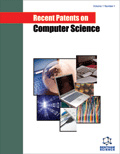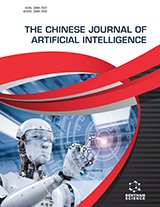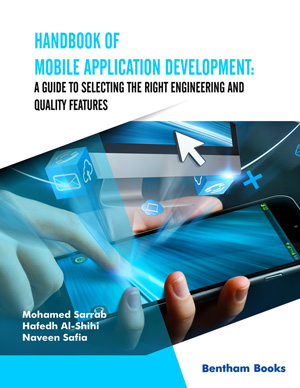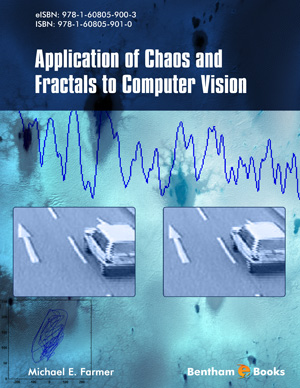Abstract
A Mobile Agent (MA), when dispatched in a decentralized peer-to-peer
(P2P) electronic community, is forced to do a transaction with unfamiliar hosts. Such
unfamiliar hosts are malicious in nature and can tamper agent’s code, state, and data.
To solve integrity, confidentiality, availability, and authenticity threats from hosts, this
paper proposes a soft security approach. Under this approach, a trust-based reputation
model called MRep is proposed. The model considers first-hand information called
Direct Reputation (DR) obtained from trust gathered through Source Host (SH). The
model assumes SH to be a pre-trusted host that possesses past transaction experience
from the destination host. The destination host (DH) is the target host with which the
agent wishes to do a transaction in the future. Indirect Reputation (IDR) is obtained
from recommenders having a past transactional history with the DH. A collusion attack
takes place when these recommenders collaborate to give false recommendations about
DH. Ballot Stuff and Bad Mouth collusion occur when recommenders collude to give a
positive and negative rating to dishonest and honest DH, respectively. The
methodology is based on Similarity Filtering (SF) that uses Euclidean Distance (ED)
and single linkage clustering techniques. ED is calculated between consecutive
recommender’s past recommendation value called ‘F-Score’ and recommendation
value given by SH for DH. Clustering merges recommenders into two clusters. Scatter
plots give two clusters. One cluster contains recommenders that gave an exceptionally
high or low rating to DH while the other cluster gave a rating close to the rating given
by SH. Bernoulli's trial helps to know the effect of collusion on the Final Reputation
(FR) of DH when the number of colluders increases and decreases in the system. The
reputation errors are calculated and statistically verified using Binomial Probability
Distribution. Validation graphs show that when the chance of collusion (p) is less than
0.5, the probability of reputation error p(x) decreases with an increase in the number of
colluders(x). When p is equal to 0.5, p(x) first increases and then decreases with an
increase in x and when p is greater than 0.5, p(x) increases with an increase in the
number of colluders(x). We compare SF with Bayesian Filtering (BF), Outlier Filtering
(OF), and No Filtering (NF) when 20%, 40%, 60%, and 80% collusion arises in the
system. The proposed SF approach helps filter ballot stuff colluders. MRep gives less
error in FR of DH, even when 80% collusion arises in the system.
Keywords: Binomial probability distribution, Ballot stuff, Bad mouth, Collusion, Direct reputation, Euclidean Distance, Hosts, Indirect reputation, Mobile agents, P2P, Single-linkage clustering.






















